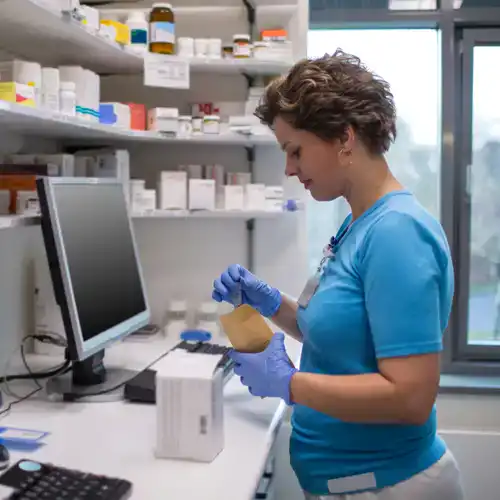Trust Her is removing access barriers for women and community health clinics in Dallas County.
Through its Contraceptive Access Fund, Trust Her works to ensure family planning clinics throughout Dallas County are able to stock all methods of contraceptives so women have same-day access to their method of choice. The Fund also covers the cost of contraceptive services for women who are unable to access private or public insurance.
87% of Americans believe women should have access to all forms of birth control and should be able to choose the one that works best.

For many of our clinic partners, uninsured women and teens represent 30%-50% of their patients.
For a patient with no health insurance, the cost of birth control can range from $10 to over $1,000, in addition to the cost of an office visit. This means that many patients have to choose a method of contraception they can afford rather than the one they want. Trust Her ensures that every woman is able to access her desired method of birth control, regardless of her ability to pay.
Less than half of women of reproductive age receive contraceptives or family planning services, even if they see a healthcare provider annually.
Clinicians must feel comfortable prescribing all methods of contraception, speaking to their side effects, and performing the proper insertion and removal of each.
Trust Her partners with pharmaceutical trainers to ensure that clinicians are trained on all methods of contraceptives so they can offer all forms of contraceptives to their patients.
For a community health clinic that serves 30 women a day, the cost of fully stocking an on-site pharmacy comes to almost $25,000 per month.
This is more than small Federally Qualified Health Centers (FQHCs) and Title X clinics can afford. Trust Her’s anticipatory dollars are often the only opportunity clinics have to be fully stocked with all methods of contraception in order to ensure same-day access.
Out of the 67 community-based healthcare clinics in Dallas County, only 36% of clinics offered all methods of contraception.